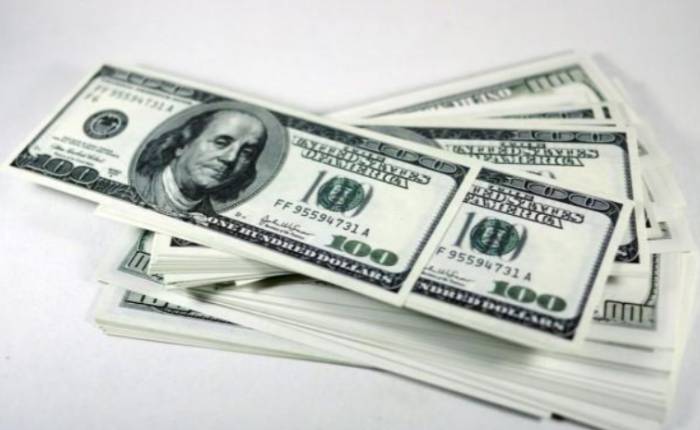The global financial market has just gone through a "Super Central Bank Week," during which the Federal Reserve announced an interest rate hike of 25 basis points, while the Bank of England and the European Central Bank each announced an increase of 50 basis points.
However, the above interest rate hikes were clearly in line with market expectations, which should have been a positive development.
But unexpectedly, last night the United States released an economic data that caught the market off guard, leading to a sudden and sharp decline in the market.
Several investment banks on Wall Street have issued warnings that the next round of panic selling in the U.S. stock market may be about to begin, which could potentially trigger a financial nuclear bomb-level risk in the United States.
01, Economic Data
In recent times, investors have believed that inflation has been alleviated and that central banks will shift to cutting interest rates in the future. Influenced by this optimistic sentiment, stock markets around the world have seen significant rebounds.
So far this year, the NASDAQ index has risen by 15%, and in Europe, the stock indices of France and Germany have also increased by more than 11%.
However, last night the U.S. Department of Labor released the latest employment data, with the non-farm payroll growth in January reaching twice the market expectation. The market expected an increase of 185,000 jobs, but the announced figure reached 517,000.
This number is close to the level of July 2022, when the unexpected increase in employment was followed by four consecutive 75 basis point interest rate hikes by the Federal Reserve.
With tight labor conditions, wages may continue to spiral upwards, implying that inflation will not be easily reduced, and the Federal Reserve will have no choice but to continue raising interest rates.If this is indeed the case, with interest rates continuously rising, corporate profits will be significantly reduced. What's more alarming is that the relentless rise in loan interest rates is putting pressure on the real estate market, with a potential 20% decline in housing prices. This would pose a nuclear-level financial risk to the US economy.
02, US Stock Market Close

This is in stark contrast to the expectations of investors previously, as the three major US stock indices all turned from gains to losses.
The Dow Jones Industrial Average began to decline after reaching a high of 34,179 points during the session, falling to a low of 33,813 points, with a drop of over 300 points.
By the time of the final close, all three indices had fallen, ending a previous round of increases.
The Nasdaq Composite, which had previously seen the best gains, experienced the largest decline today, with a drop of 1.6%.
Among a group of tech giants, only a few saw increases, with Apple rising by 2.4% and Tesla by 0.9%.
Most companies were in decline, with Amazon experiencing the largest drop, falling by 8.4%. Additionally, Microsoft and Google both saw declines exceeding 2%.
Chinese concept stocks also underwent adjustments. By the close today, the Nasdaq Golden Dragon China Index fell again, with a decline of 3.9%.
JD.com fell by 2.8%, Alibaba fell by 3.1%, and Baidu's drop was even larger, approaching 5%.Several new energy vehicle companies have also seen a decline, with drops ranging between 5% and 6%.
03, Wall Street Warning
In response to the rise in the U.S. stock market this year, analysts at Bank of America have warned that this round of increases has clearly gone too far, and there may be a massive sell-off in the U.S. stock market in the future. Of course, this analyst mentioned a precondition, which is if the U.S. economy enters a recession, the sell-off will be inevitable.
However, the probability of the U.S. economy entering a recession is very high. Recently, a survey of economists showed that over 65% of them believe that the U.S. will fall into a recession between the second and third quarters of this year.
From this perspective, the next major sell-off in the U.S. stock market is inevitable.
Bank of America believes that inflation may worsen again in the coming months, leading to a severe recession in the second half of the year.
Although there is a significant gap with investors' expectations, it aligns very well with reality, especially with the non-farm payroll data announced last night.
Previously, investment banks have also analyzed that if the U.S. does not experience a recession in 2023, it would be bad news for the whole world.
Because if the U.S. does not enter a recession, the Federal Reserve's monetary policy will not shift, and the financial market volatility triggered by it will not improve.
post your comment